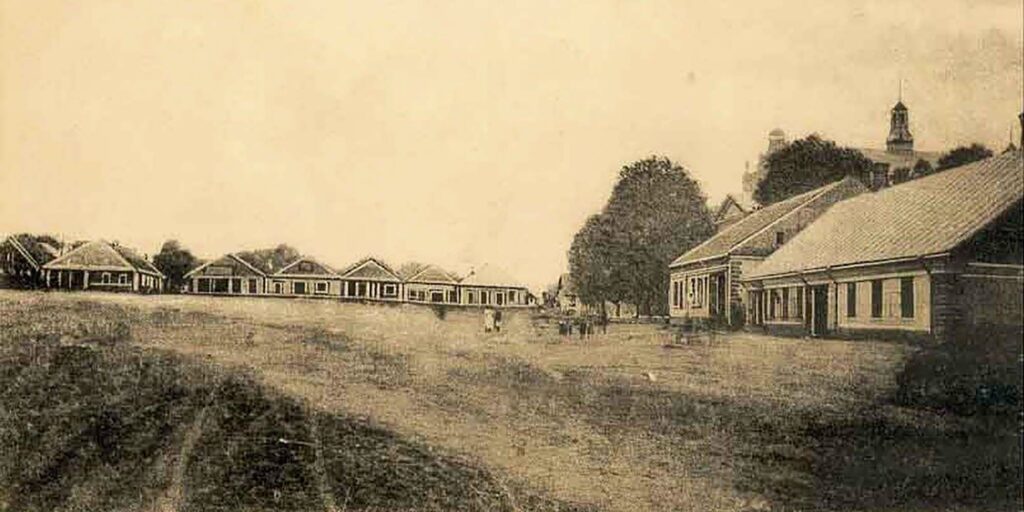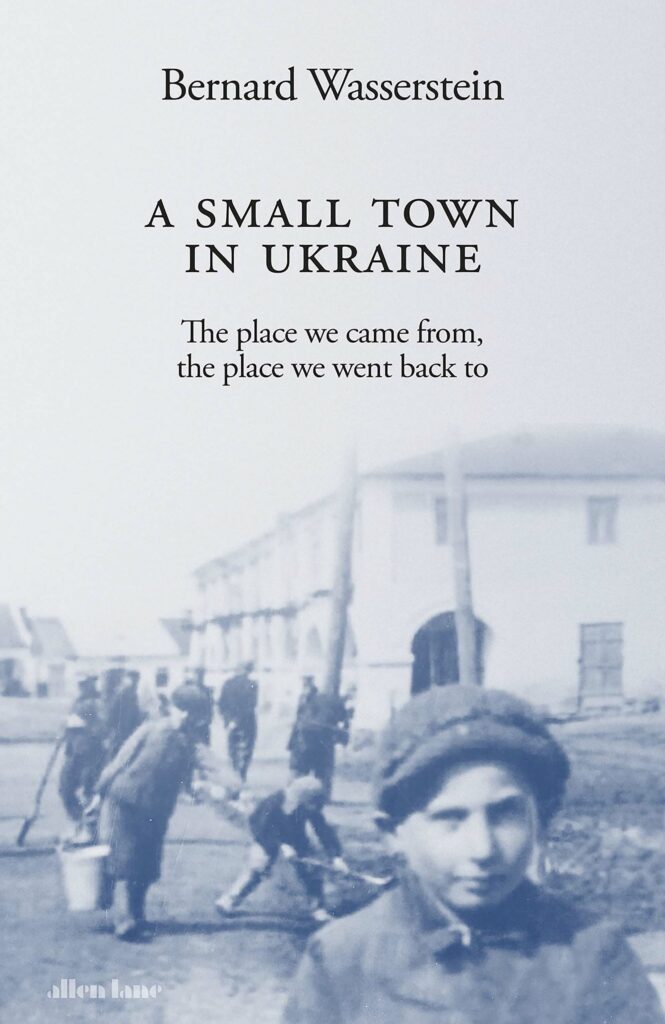20TH CENTURY
What was lost
Alexander Watson is moved by a study of the impact of extremism on the people of one eastern European town

In October 1938, some 6,500 Jews living in Germany were arrested without warning and dumped by police outside the Polish frontier village of Zbąszyń. At first, the surprised Polish border guards denied them entry but, after a standoff, these wretched people – who possessed Polish citizenship but who had made their lives in Germany – were allowed across the border. Among these victims of Nazi antisemitism were Berl and Addi Wasserstein. With nowhere else to go, Berl travelled with his son, Addi, to the place of his birth: Krakowiec.
This readable book by Berl Wasserstein’s grandson tells the story of this settlement, interwoven with his family history. Krakowiec was for centuries a wholly unremarkable small town in eastern Europe. First recorded in 1423, today it lies just inside Ukraine’s border with Poland, 43 miles west of Lviv. Its name is believed to derive from the coarse croaking call of ravens: “kruki, kruki”. Like other towns in this region, it was for most of its existence a multi-ethnic place. Roman Catholic and Greek Catholic churches celebrated mass for Poles and Ukrainians, and a synagogue served the town’s Jews who, by the 1880s, comprised the majority of Krakowiec’s 1,900 residents.
The closest Krakowiec came to a golden age was in the 18th century when the local lord, Ignacy Cetner, built a palace just to the town’s west, with a fine landscaped garden full of exotic plants. Craftsmen and some money flowed into Krakowiec, but the good times did not last. In the 1830s, the town was ravaged by disease, and Cetner’s palace was partially demolished, having deteriorated through neglect. Thirty years later, when railways came to the region, Krakowiec was bypassed, cementing its status as a backwater.
The heart of this book is its author’s poignant account of how his family – along with Krakowiec itself – were devastated through Europe’s 20th-century descent into barbarity. The First World War compelled the Wassersteins to flee Krakowiec, which in 1914–15 suffered looting and a nine-month Russian occupation. Berl – just 16 at the outbreak of war – went to Germany, and made Berlin his home for the next 20 years. He wed another Krakowiec Jew, had a family and established a successful raincoat-manufacturing business.
Life in Berlin offered what Krakowiec could not: comfort and prospects. Berl and his family assimilated and blended in while keeping their faith. Yet, as this book sadly records, modernity spawned ideologies with immense destructive power. The Nazi takeover of Germany in 1933 mortally imperilled the Wassersteins. Krakowiec, too, was seized by the age’s radicalism. There, Ukrainian ultranationalism proliferated during the interwar period, its visceral hatred of Jews and Poles bursting into extraordinary violence in the 1940s.
The book covers well-trodden ground when it discusses the Second World War and the Holocaust in eastern Europe, but also conveys with exceptional power the enduring impact of the genocide on families. After totalitarian regimes overran Poland, Krakowiec suffered under Soviet rule before being seized by the Nazis in 1941. With help from Ukrainian auxiliaries, they exterminated Jews across the region – including Berl, his wife and his daughter. Addi found refuge in Palestine. This lovingly researched history movingly remembers these people and a place that, once a home, became a site of murder.
Alexander Watson is professor of history at Goldsmiths, University of London

A Small Town in Ukraine
by Bernard Wasserstein
Allen Lane, 320 pages, £25
All products were chosen independently by our editorial team. Below is an affiliate link, and we may receive a commission for purchases made. Please read our affiliates FAQ section underneath the Letters page to find out more.